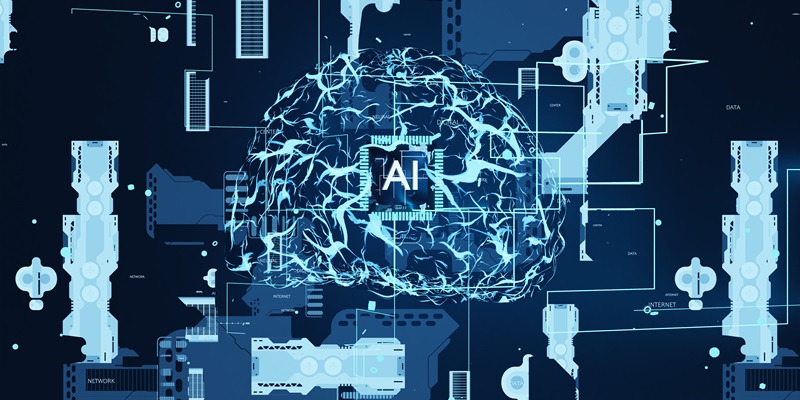In the fast-paced world of engineering, effective team management is instrumental in driving success and achieving organizational goals. However, many engineering teams have yet to fully explore the potential of Artificial Intelligence (AI) in their management practices. This article delves into the transformative impact of predictive AI on engineering team management, uncovering how this cutting-edge technology has the capacity to revolutionize traditional management processes.
The Impact of Predictive AI on Management Processes
Over the past few months, predictive AI has emerged as a game-changer in the realm of management. This revolutionary technology has enabled organizations to anticipate future patterns and behaviors, allowing them to make informed decisions and adapt their strategies accordingly. By harnessing the power of predictive AI, engineering teams can optimize their management practices for enhanced productivity and improved outcomes.
Understanding Predictive AI
Predictive AI is a sophisticated analytical approach that leverages vast amounts of data to anticipate future occurrences. By utilizing advanced algorithms and machine learning techniques, predictive AI uncovers patterns, trends, and correlations that would otherwise remain hidden. In the context of engineering team management, predictive AI provides valuable insights into potential challenges, resource allocation, and performance evaluation.
The Importance of Effective Team Management
Poor management can have dire consequences for businesses, leading to lost profits, decreased market share, and a decline in overall performance. This underscores the criticality of adopting effective team management practices. By integrating predictive AI into their workflows, engineering managers gain a powerful tool to ensure the success of their teams and propel their organizations forward.
Turning Engineering Management into a Science
Traditionally, engineering management has been considered more of an art than a science. However, with the advent of predictive AI, this perception is rapidly changing. By leveraging the abundance of data and cutting-edge technology available today, engineering managers can transform their decision-making processes into a data-driven science. This evolution allows for more accurate assessments, proactive planning, and optimized resource allocation.
Utilizing AI for Generating Performance Reports
One of the most significant ways engineering managers can apply AI to their workflow is by generating full reports on engineers’ performance. By harnessing the power of predictive AI, managers can automatically collect and analyze data related to individual and team performance. These comprehensive reports provide valuable insights into areas of strength and areas requiring improvement, empowering leaders to make data-driven decisions for performance optimization.
Automating Insightful Performance Reports
Predictive AI streamlines the process of generating performance reports, providing leaders with automated and insightful analyses. By analyzing multiple metrics simultaneously, AI identifies patterns and correlations that may not be immediately apparent to managers. This enables leaders to gain actionable insights, identify performance gaps, and implement targeted interventions to spur growth and productivity.
Capitalizing on AI’s ability to identify patterns
One of the main advantages of leveraging AI in engineering team management is its ability to identify patterns that might elude human observation. The sheer volume and complexity of data can overwhelm traditional management approaches. However, AI excels in sifting through immense datasets, recognizing trends, and drawing connections. By incorporating AI into management practices, engineering teams can gain a deeper understanding of their processes, identify potential bottlenecks, and optimize operations for enhanced efficiency.
Making Informed Decisions to Optimize Software Development Processes
With software development processes at the core of their operations, engineering teams can greatly benefit from AI-powered insights. Predictive AI equips organizations with a data-driven approach to decision-making, enabling them to optimize their software development processes. By analyzing historical data, predicting future trends, and identifying potential roadblocks, engineering managers can make informed choices that drive efficiency, accelerate delivery, and enhance the quality of their software products.
The era of predictive AI presents a promising opportunity for engineering teams to elevate their management practices to new heights. By leveraging this technology, engineering managers can transform their decision-making processes into a science, generating valuable performance reports and capitalizing on the AI’s pattern recognition capabilities. This paradigm shift towards data-driven management empowers organizations to make informed decisions, optimize their software development processes, and nurture high-performing teams. As we embrace the potential of predictive AI, we unlock new pathways for success in engineering team management.

